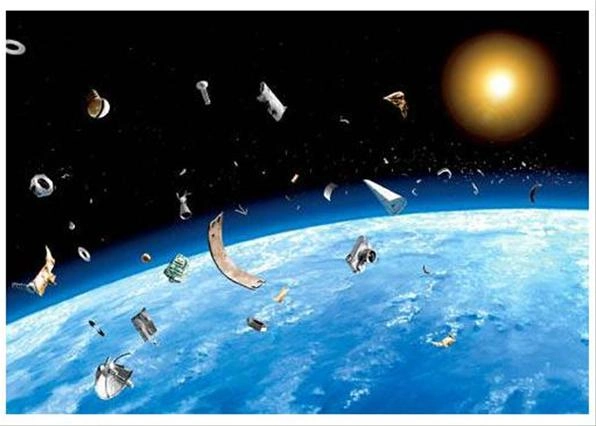Accused of causing "reckless" behaviour and causing orbital debris last week, Russia is now closely monitoring the rapprochement of a fragment of Falcon 9 – a reusable, two-stage rocket designed and manufactured by American aerospace company SpaceX founded by Elon Musk – with the International Space Station (ISS).
At 07:18 Moscow time on November 25, 2021, a fragment of a US Falcon 9 carrier rocket launched in 2019 will fly close to the ISS. However, the situation, said Russian space agency Roscosmos in a statement on Wednesday, is "under control" as its experts expect the minimum distance between the ISS and this object to be over 5.3 km.
Moscow said that employees of the Main Information and Analytical Center of the Automated System for Warning of Hazardous Situations in Near-Earth Space TsNIIMash (part of the Roscosmos State Corporation) continue to monitor the situation with the approach.
"The station and the crew of the 66th long-term expedition are working as usual. As of November 24, 2021, this fragment does not pose a threat to the ISS; an evasive maneuver is not required," the statement mentioned.
Russia was last week accused of "irresponsible" and "reckless" behaviour" by the United States and the North Atlantic Alliance after its recent anti-satellite missile test caused an orbital debris.
"The North Atlantic Council strongly condemns the Russian Federation’s reckless and irresponsible anti-satellite missile test on 15 November 2021. This test caused an orbital debris field that significantly increases risk to human life and to the space-based assets of numerous nations and entities," NATO said in a statement.
The Russian Defence Ministry had however assured that the debris posed no threat to the International Space Station or other satellites.
The ministry, according to news agency Tass, stressed that the fragments had been included in the main catalogue of the national space monitoring system, were being tracked right away and will remain under observation until the time they burn up in the atmosphere.
Also Read: Situation in Afghanistan no 'cause for optimism', says a worried Russia




















